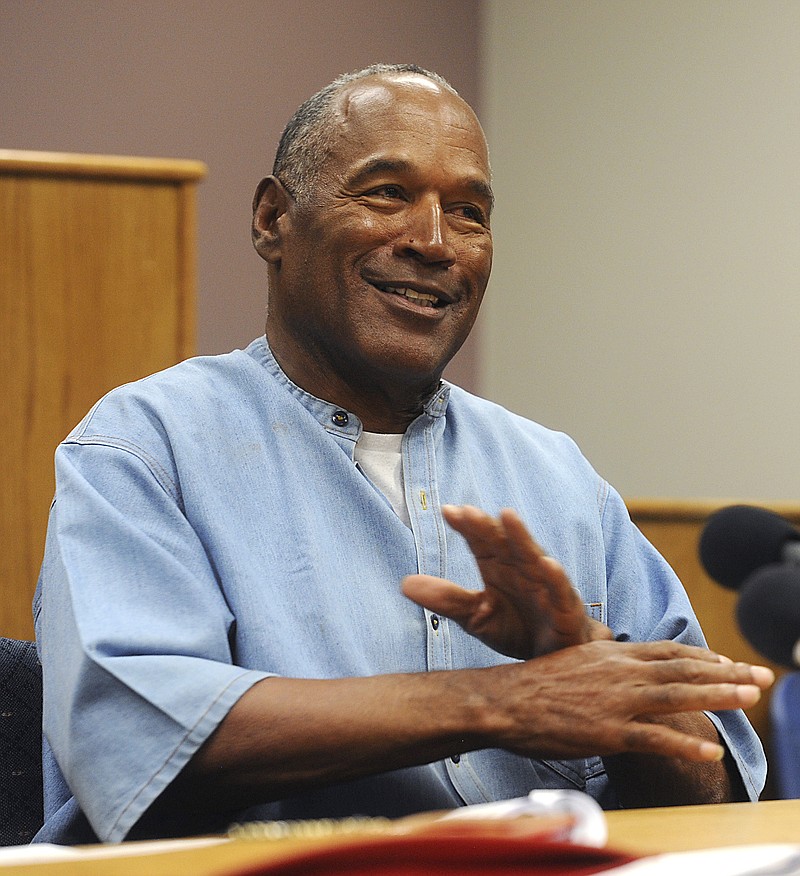Millions of Americans watched O.J. Simpson's parole hearing last week, but audiences were not as emotionally invested in the ex-football player's fate as they were a generation ago.
Simpson's 1995 acquittal in the deaths of his wife, Nicole Brown Simpson, and her friend Ronald Goldman bitterly polarized Americans around race.
But interest in Simpson has waned as attitudes have changed and black Americans are wrestling with more familiar injustices.
Simpson is expected to be released from a Nevada prison in October after he was granted parole Thursday.
His 2008 conviction on robbery and assault charges carried a maximum sentence of 33 years and was largely seen as payback for the acquittal verdict.
While the issues around race and policing remain today, Simpson's racial symbolism is largely seen as a relic.
